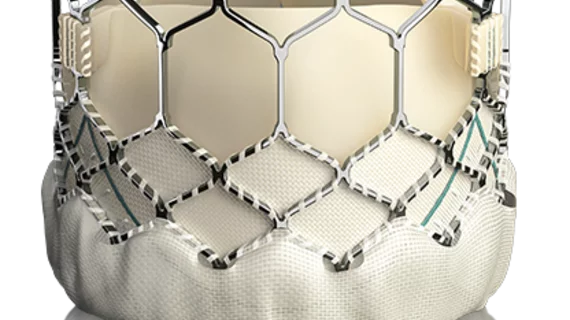Reports of burst balloons prompt Canadian recall of Sapien 3 Ultra
Reports of burst balloons with the Sapien 3 Ultra heart valve have resulted in an urgent safety notice from the manufacturer and a Canadian recall of the system.
The announcement comes just eight months after the Sapien 3 Ultra, distributed by Edwards Lifesciences, was granted a CE mark in the European Union and seven months after the valve gained FDA approval in the U.S. At the time, the system was indicated for use in high-risk transcatheter aortic valve replacement (TAVR) patients with severe, symptomatic aortic stenosis.
In an urgent field safety notice issued this month, Edwards addressed physicians, disclosing the company had received a handful of reports of burst balloons. The overall observed complaint rate for the bursts was around 1%, the notice read, “based on the limited experience with the device of which approximately 0.5% had clinical implications for the patient such as difficulty removing the delivery system, vascular injury, bleeding and/or need for surgical intervention.”
A burst balloon can result in significant difficulty retrieving the Sapien 3 system into the sheath and withdrawing it from the patient, the company said.
On July 16 the Canadian government took Edwards’ warning to heart, issuing a recall of the product in Canada. The brief described the recall as a type 1 hazard.
Edwards said it’s in the process of updating the Sapien 3 Ultra system’s training materials to include recommendations for what to do in the case of a burst balloon. The company said excess inflation volume and fast inflation were the main two culprits behind reported cases so far.

